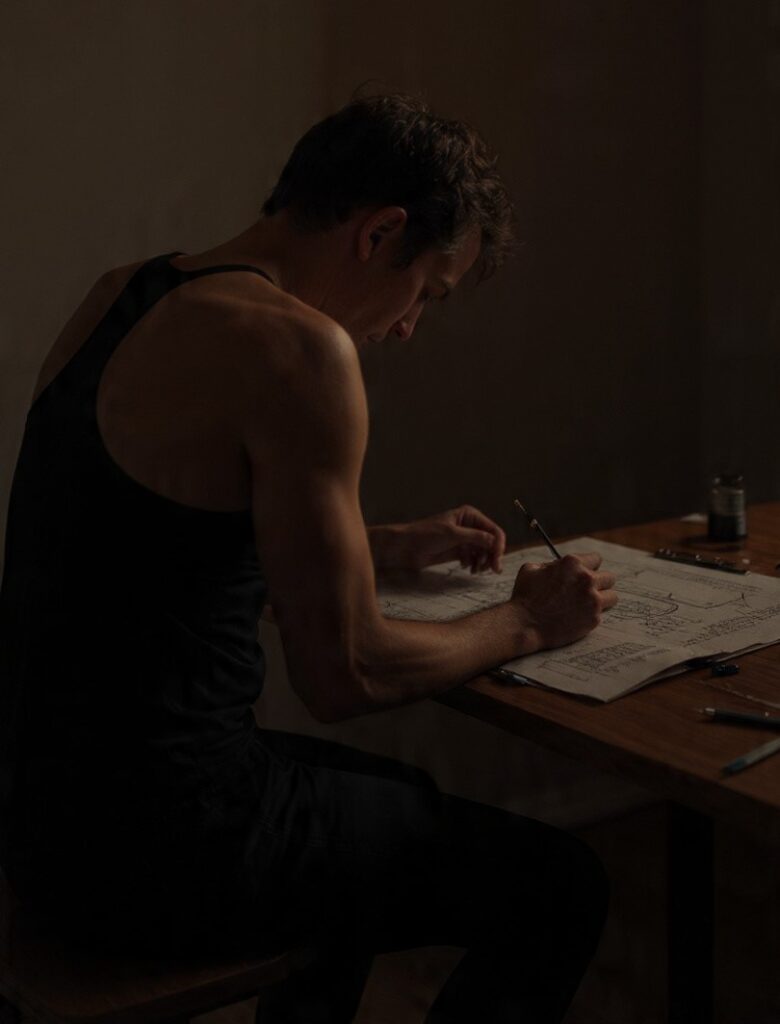I am sure we have all heard the phrase “practice makes perfect.” But American football coach Vince Lombardi corrected that long ago: “Practice does not make perfect. Only deliberate practice makes perfect.”
It is a powerful truth, one that separates the amateurs from the masters, the busy from the productive, and the merely talented from the truly exceptional.
Deliberate practice is not about doing more; it is very very much about actively doing better each time with every practice. It is about intention, structure, and feedback; the difference between mindless repetition and mindful refinement. It is how world-class athletes, musicians, and thinkers stretch their limits until excellence becomes their default.
The Myth of Repetition: Why Effort Alone Falls Short
Repetition can make you familiar, but not necessarily better. And too often, people mistake motion for progress, believing that logging more hours automatically equals improvement, but as Lombardi implied, effort without direction is wasted energy.
You can swing a golf club a thousand times, but if your grip, stance, or swing is wrong, you are only reinforcing bad habits. The same goes for writing, leading, or learning, repetition without feedback leads to stagnation, not mastery.

Deliberate practice begins when we move beyond comfort, when we identify specific weaknesses and attack them with focus. It is not about doing what feels easy; it is very very much about doing what forces you to grow.
The Anatomy of Deliberate Practice: Focus, Feedback, and Friction
Deliberate practice has three essential ingredients:
- Focused Goals: Clear, measurable objectives, not vague intentions. For example, instead of “I will get better at piano,” aim for “I will master this section and sound between the hours of 2pm to 5pm without errors.”
- Constructive Feedback: Improvement thrives on awareness. So feedback whether from a mentor, coach, or self-assessment will highlights what needs refinement.
- Purposeful Friction: Growth lives in discomfort. Deliberate practice pushes you to the edge of your ability, where mistakes expose potential and frustration signals progress.
This process is not glamorous; it is demanding and often repetitive, but the difference lies in awareness. Each repetition is an experiment, and each error a teacher.
The Mindset of The Master: Embracing the Long Game
Deliberate practice is not about quick wins; it is about long-term transformation. True mastery demands patience; the willingness to show up again, again, and again, not for perfection, but for progress.
The masters in any field, from Mozart to Michael Jordan, share one thing in common: They treat practice as sacred. They did not chase praise; they chase precision. They understand that excellence is a result of thousands of intentional repetitions, each one slightly better than the last.
As Aristotle said, “We are what we repeatedly do. Excellence, then, is not an act, but a habit.” But habits do not form by accident; they are built through deliberate, conscious effort.
The Spiritual Side of Deliberate Practice
There is something deeply spiritual about the discipline of deliberate practice. It is an act of humility, an acknowledgment that you are not yet as good as you could be. It requires faith that the small, invisible improvements will one day manifest as visible transformation.
And in that sense, deliberate practice mirrors life itself; the daily repetitions, in work, relationships, or faith, shape who we become. Each act of discipline, though unseen, becomes a building block in our unseen character.
Read Also: The Parable of The Talents: We Must Increase What We Have Been Given
Read Also: How Taking Responsibility For Your Actions Helps You Grow in the Process
Read Also: Keep Showing Up: The Most Underrated Skill for Success in Life
Conclusion
The law of deliberate practice reminds us that greatness is not granted; it is earned through focused, intentional effort. It is not about how much time you spend, but how you spend it.
So do not just practice for the sake of practice. Practice with purpose! Seek feedback! Stay patient! And lean into discomfort!
Because the difference between good and great, between potential and mastery, lies in one simple truth: Deliberate practice turns ordinary effort into extraordinary excellence!





